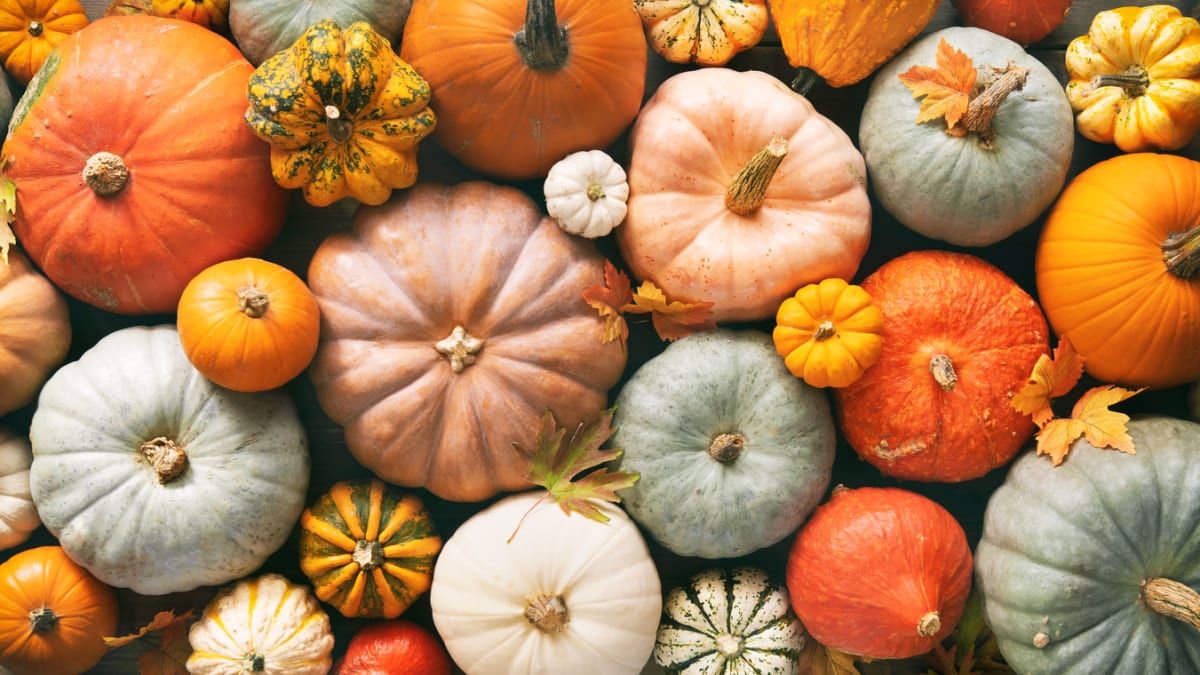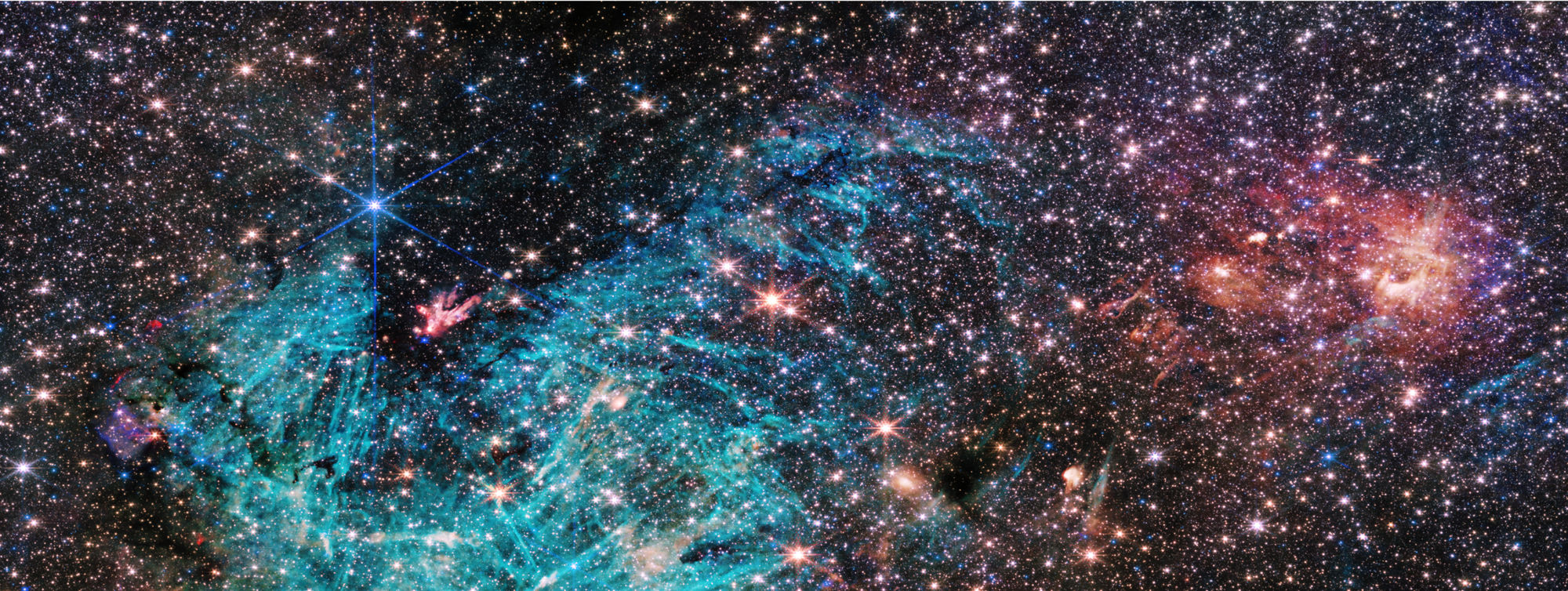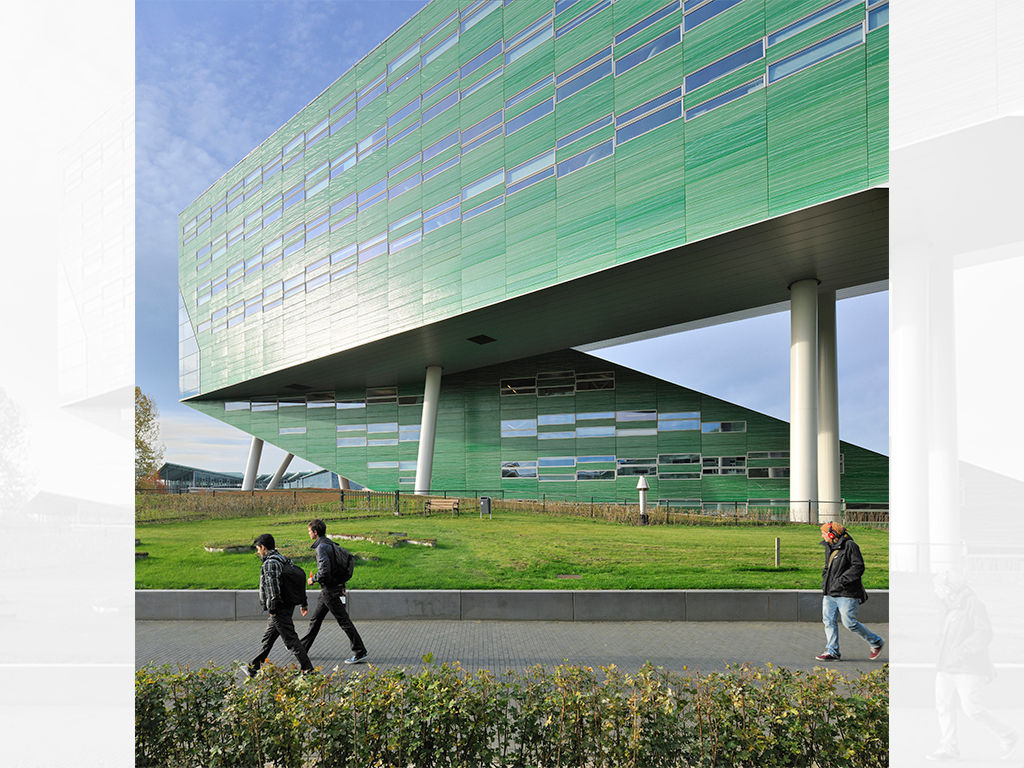Leaves fall, shorter days and bigger brains? Do the seasons change our brains
- Michelle Berendsen
- Articles
- 3 minutes (677 words)
The air is getting chillier, the leaves are crisper, and cozy sweaters will come out of the closet. Fall will not only influence our behaviour but also our brains. Scientists have long believed the brain is vulnerable to seasonal shifts, such as frequent headaches in Fall and spring, mental health decline during the winter, and our cognition, which also ebbs and flows throughout the year.
Research suggests that specific neuroplasticity genes will be affected by seasonal changes and mediate our ability to think and learn. One study found that older adults with and without dementia had better cognition in late summer and early fall than in the winter and spring. They tested around 3400 older adults in the US, Canada and France. Indeed, significant changes between season and cognitive function have been shown, especially in the early Fall. Also, this study showed that protein levels linked to Alzheimer’s disease vary between the seasons, suggesting that their cognitive functions would be regained for these patients in the Fall. All these mental changes are realigned in multiple parts of the season, such as temperature changes, day length, sleeping habits, diet, and hormones. One of the most common phenomena known is the ‘October sleep slump”, resulting from sleep changes in contrast to the weather and environmental changes. Tips to overcome the slump are consistent bedtimes, enough sunlight during the morning and enough vitamin D, which affects mood changes, depression, and fatigue.
So, how do the seasons affect the brain size? Several brain regions become smaller during the summer and grow during the winter. These areas are called subcortical structures, which control complex functions like learning, motivation, decision-making, and emotional and sensory processing. Nevertheless, one part of the brain does the complete opposite. It will grow during the summer and become smaller during the winter: the cerebellum. The cerebellum coordinates movement complexity as well as fluidity. So, seasonal brain resizing can have functional consequences, explaining reduced cognition in the winter. Nevertheless, if size were everything, big-brained animals, such as elephants, would be more intelligent than humans. Therefore, the brain structure and how the cells are arranged and connected are more valuable.
If we look at our cognition function, we require different attention for different tasks. The brain responses are generally the highest in the summer and lowest in the winter. Tasks related to working memory result in brain responses, which are the highest in autumn and lowest in spring. However, the ability of participants to perform the tasks remained stable throughout the seasons. These performers suggest that brain activity varies between seasons, and the brain will adapt towards different environmental cues, but this does not affect the ability to perform tasks. The brain's neuroplasticity is one of its unique features; therefore, it can form new connections and pathways, adjust them, and remember them for optimal functioning. Unfortunately, the seasons may not influence our cognition as much as we give them credit for.
One possible explanation of the seasonal change is the blood flow throughout the brain, controlled by atmospheric pressure. The pressure is typically lower in summer and higher in winter. These pressure changes will affect oxygen availability in the air, which results in the body adapting and adjusting blood flow into the brain by changing the size of the brain. This still does not explain why the cerebellum does the complete opposite. Besides that, brain regions behave almost independently of each other. Some shrink, others grow, and some parts do not change. There are so many questions on the seasonal effects on the brain. One thing that’s for sure is that seasons come and go. Acknowledging the change and being mentally prepared to tackle it positively can make a big difference in handling several situations arising from seasonality. The fall will probably bring increased anxiety levels and a feeling of being out of control. So, practising gratitude and being present can bring you joy in any season, especially fall! When fall comes, the holidays are around the corner. That is the beauty of these seasons!



Comments
Log in to read and post comments